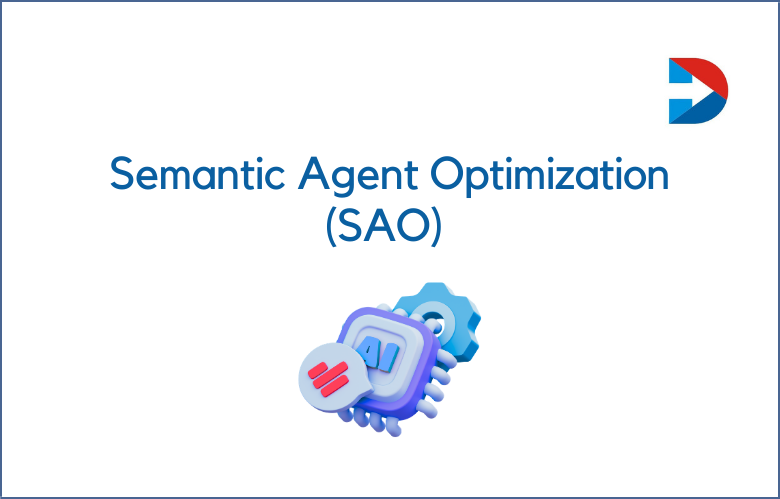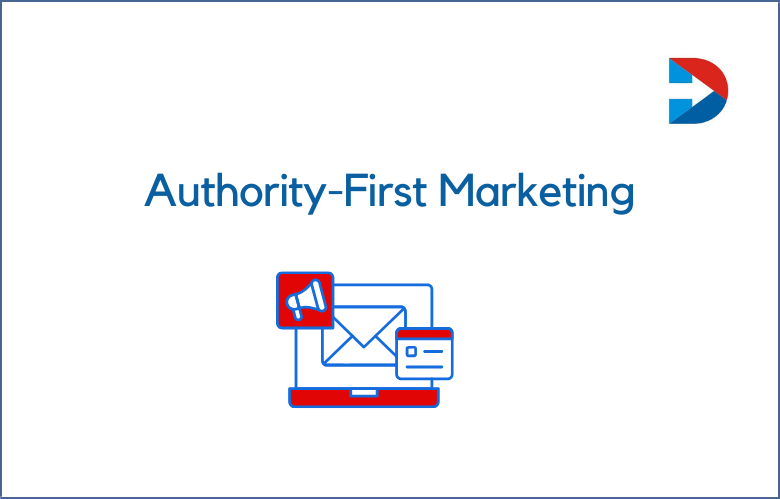
Site reliability engineering (SRE) is a discipline within software engineering that focuses on the availability, scalability, and performance of enterprise WordPress websites.
SRE can be an invaluable tool when running mission-critical websites such as those used by large businesses or government agencies.
Let’s examine why SRE is essential for these websites and how it can help improve their Reliability.
WordPress is a powerful and popular content management system used by millions of websites worldwide.
As an enterprise WordPress website owner, you should know the importance of implementing site reliability engineering (SRE).
SRE is essential to running any large-scale website and can help ensure that your website runs smoothly and efficiently. Let’s take a look at why SRE is so crucial.
How can SRE Practices improve the performance of Your Enterprise WordPress Site?
SRE can help to improve Uptime
One of the primary benefits of SRE is that it can help to improve uptime. Uptime is the time a system is operational and available to users.
SRE practices can help to improve uptime by identifying and addressing potential issues before they cause problems.
SRE can help to reduce Costs
Another benefit of SRE is that it can help to reduce costs. SRE practices help reduce the need for expensive downtime recovery procedures and the cost of hiring additional staff to manage WordPress sites.
SRE can help to improve Site Performance
SRE can also help to improve site performance. By identifying and addressing potential issues before they cause problems, SRE can help ensure WordPress sites run smoothly and efficiently.
SRE can help to increase Security
SRE can also help to increase Security. By identifying and addressing potential vulnerabilities, SRE can help to protect WordPress sites from attacks.
SRE can help to improve Scalability
SRE can also help to improve Scalability. By identifying and addressing potential bottlenecks, SRE can help to ensure that WordPress sites can handle increased traffic without issue.
SRE can help to improve Reliability
SRE can also help to improve Reliability. By identifying and addressing potential issues before they cause problems, SRE can help ensure that WordPress sites provide consistent service.
SRE can help to improve Efficiency
SRE can also help to improve Efficiency. By identifying and addressing potential issues before they cause problems, SRE can help ensure WordPress sites run more efficiently.
SRE can help to improve User Experience
SRE can also help to improve user experience. By identifying and addressing potential issues before they cause problems, SRE can help ensure users have a positive experience using WordPress sites.
Building a Resilient WordPress Infrastructure with Site Reliability Engineering
Site Reliability Engineering (SRE) is a discipline that focuses on the availability, Scalability, latency, performance, and Reliability of web infrastructure.
It combines software engineering with systems engineering to create resilient WordPress infrastructures that respond quickly to ever-changing customer demands.
Using SRE for WordPress ensures your website can handle high traffic without impacting performance or user experience.
By monitoring and controlling infrastructure capacity, SRE helps you optimize the resources needed to maintain a stable WordPress environment during peak loads.
This includes ensuring server resources are appropriately allocated and configured, creating automated alerts when thresholds are exceeded, and deploying site changes.
Best Practices for implementing SRE on Enterprise WordPress Sites
Best Practices for Implementing SRE on Enterprise WordPress Sites
Use the latest version of WordPress
The latest version of WordPress comes with various security enhancements and improvements to ensure your website is secure.
Installing updates regularly is essential for staying updated with these changes and keeping your site protected.
Utilize strong passwords
Weak passwords are one of the biggest threats to website security. It’s important to create passwords that are hard to guess and contain a combination of numbers, special characters, and upper and lowercase letters.
Use two-factor authentication whenever possible as an additional layer of Security for users.
Enable SSL/TLS encryption.
SSL/TLS encryption ensures that all communication between the server and the web browser is encrypted, making it harder for unauthorized parties to intercept sensitive data like credit card information or login credentials.
Ensure you have an appropriate certificate installed on your server so your site is correctly encrypted for maximum protection.
Create regular backups
Regularly creating website backups can help protect against data loss in the event of a malicious attack or hack attempt on your website.
Ensure you have a reliable backup strategy to restore any lost information in case something goes wrong quickly.
Monitor user accounts
Monitoring user accounts helps ensure no unauthorized access attempts or other suspicious activity on your website.
Implementing user authentication processes alongside tracking activities like failed logins can help detect potentially malicious behavior before it puts confidential data at risk.
Using SRE to Ensure High Availability and Scalability for Your Enterprise WordPress Site
Systems Reliability Engineering (SRE) is an invaluable tool for organizations looking to ensure their WordPress site remains available and scales efficiently in response to user demand.
SRE provides a comprehensive set of solutions and best practices that enable organizations to maintain the highest levels of availability and Scalability for their site.
To begin with, SRE helps organizations identify and address potential issues such as server latency, hardware failure, and slow loading times.
By monitoring system performance in real-time and leveraging statistical methods such as load testing, SRE can help identify when additional resources need to be provisioned or when existing ones should be scaled back.
This allows WordPress sites to remain resilient even under increased traffic or usage.
The Role of Monitoring and Automation in Enterprise WordPress SRE
Monitoring and automation are essential components of practical Site Reliability Engineering (SRE) for Enterprise WordPress.
Monitoring enables real-time visibility into the platform’s performance, Scalability, and availability. Automation allows SREs to change their environment quickly and reliably without manual intervention.
Together, these two technologies help ensure that any changes made to the site do not disrupt or degrade service levels.
Monitoring can provide insight into system performance and resource utilization. This includes tracking response times, uptime statistics, server load, traffic patterns, and more.
SRE strategies for optimizing the Speed and Security of Your Enterprise WordPress Site
Implementing a Content Delivery Network (CDN)
Utilizing a CDN such as Cloudflare or Amazon CloudFront can help optimize the speed of your WordPress website by reducing the time needed to load resources and content.
CDNs also lessen the load on your server, which helps protect against malicious traffic and denial-of-service attacks, increasing Security.
Utilizing a Web Application Firewall (WAF)
A WAF helps protect against malicious web traffic by filtering out malicious requests and ensuring that only trusted recommendations reach the WordPress site.
This helps protect against SQL injection attacks, cross-site scripting attacks, DDoS attacks, and other common exploits.
WAFs are especially beneficial for websites hosted on shared hosting platforms, where malicious traffic from other sites can quickly impact performance and Security.
Enabling HTTPS
Enabling HTTPS on your WordPress site is essential for providing secure access to users’ data and protecting their privacy.
HTTPS also provides better Security against eavesdropping and phishing attempts, giving users greater assurance that their data is kept safe from malicious actors.
Google has begun favoring sites with HTTPS when ranking in its search engine results pages; enabling HTTPS can improve SEO performance and Security.
Using Strong Security Plugins
Choosing robust plugins such as Wordfence or Sucuri Security will help prevent unauthorized changes to your website’s code or configuration settings while alerting you immediately if any suspicious activity is detected.
These plugins should be regularly updated to avoid emerging threats and ensure optimal protection of your enterprise WordPress site.
Automated Backups
Automated backups provide an extra layer of defense if something goes wrong with your websites—such as an attack or accidental changes to code—
This allows you to restore it quickly without needing to copy files over or re-upload content from another source manually.
Many plugins provide automated backup solutions, so you don’t have to worry about losing important data if a disaster strikes your website unexpectedly.
Implementing SRE in Large-scale WordPress Deployments: Challenges and Solutions
Implementing SRE in large-scale WordPress deployments can present several unique challenges. These include Scalability, performance issues, security requirements, and extensibility.
To address these challenges and ensure successful implementations, organizations must develop a comprehensive SRE strategy that considers the specific needs of their WordPress deployments.
One challenge that must be addressed is Scalability. WordPress websites grow in size and complexity, demanding more resources to maintain the same level of performance.
This can become especially problematic when dealing with multiple servers on different infrastructures or other geographical locations.
Ensuring Business Continuity with SRE on Your Enterprise WordPress Site
Ensuring Business Continuity with SRE on Your Enterprise WordPress Site is essential to any digital business’ success.
By leveraging the power of SRE (Site Reliability Engineering) principles, companies can ensure that their enterprise WordPress sites are always up and running.
SRE provides a framework for monitoring and optimizing all aspects of the hosting stack, from server to codebase.
This helps ensure maximum stability and Scalability while keeping site load times within acceptable limits.
To take advantage of SRE for your Enterprise WordPress sites, it’s essential to use the right tools and techniques for every stage of development.
For example, a tool such as Ansible or Chef can help automate deployments, configurations, and operations tasks across multiple servers on different cloud providers.
The Future of Site Reliability Engineering for Enterprise WordPress: Trends and Innovations
The future of Site Reliability Engineering (SRE) for Enterprise WordPress looks very promising, with several trends and innovations emerging in the industry.
One of the main trends is the shift to cloud-based hosting solutions, which allow for more Scalability and flexibility when running large-scale WordPress websites.
This trend has been accompanied by the emergence of managed WordPress hosting services that provide access to enterprise-grade security and performance features.
Another major trend is containerization, which allows developers to package applications into isolated containers that can be deployed quickly onto any server environment without requiring manual configuration.
Conclusion
For businesses with enterprise WordPress websites, an effective Site Reliability Engineering process is essential for success in today’s digital landscape.
An effective SRE strategy ensures that customers can access your website whenever they need it while also helping you identify potential problems before they become significant issues impacting user experience on the site’s front end.
Ultimately, investing in an effective SRE process will help maximize uptime while allowing you to scale up or down as needed without sacrificing Reliability or performance on the backend of your site.
Site reliability engineering (SRE) should be considered when maintaining an enterprise WordPress website.
By constantly monitoring performance metrics and making necessary changes when needed, SRE professionals can help keep your website running reliably, even under high levels of stress or traffic spikes.




